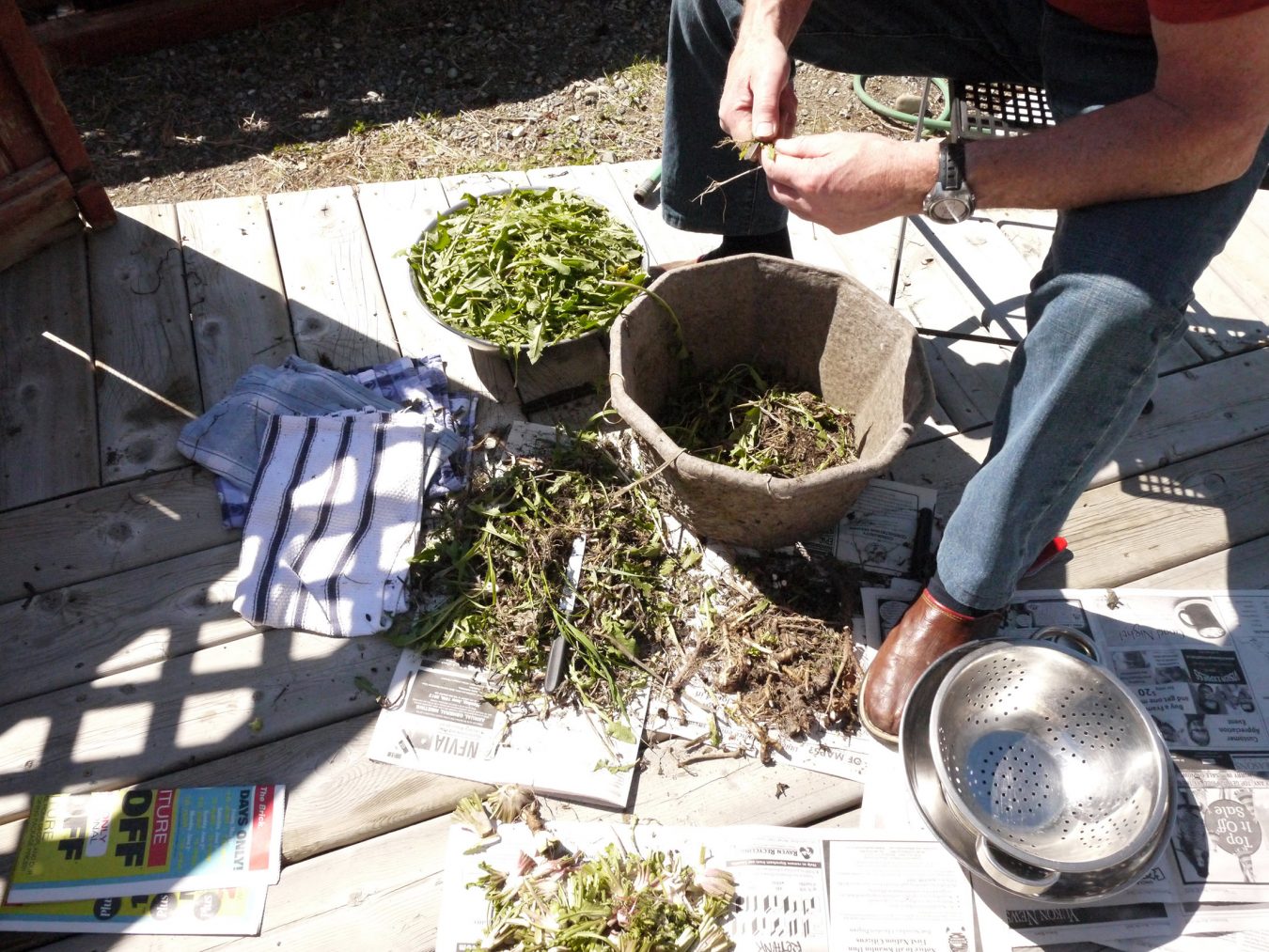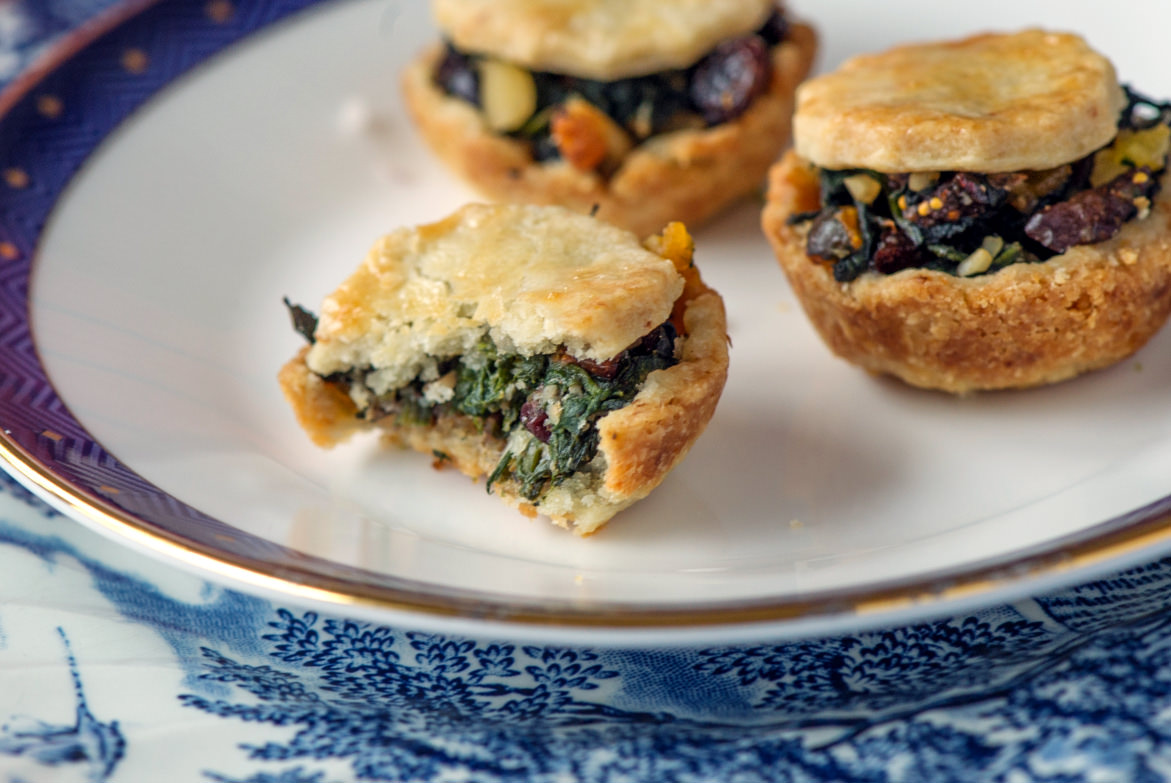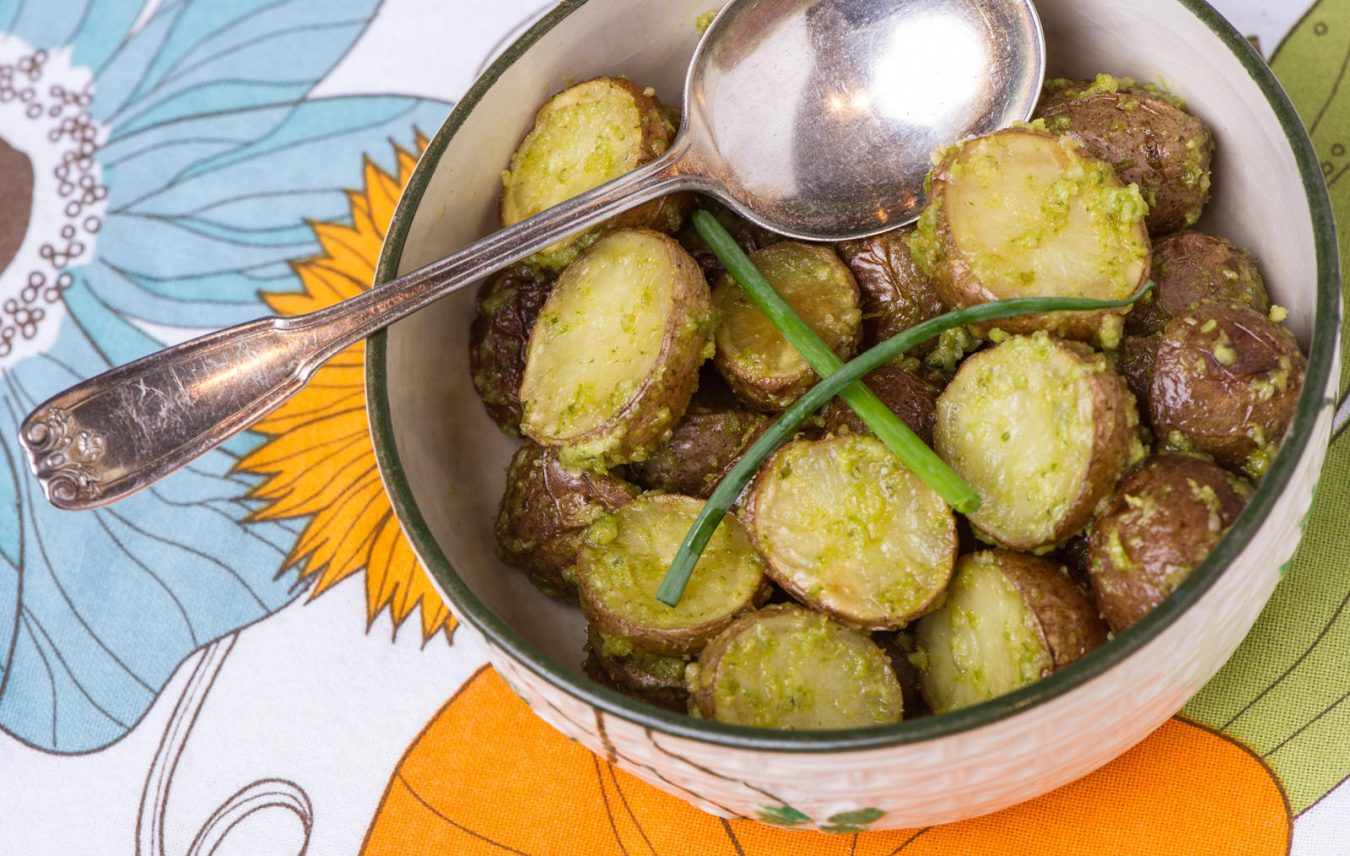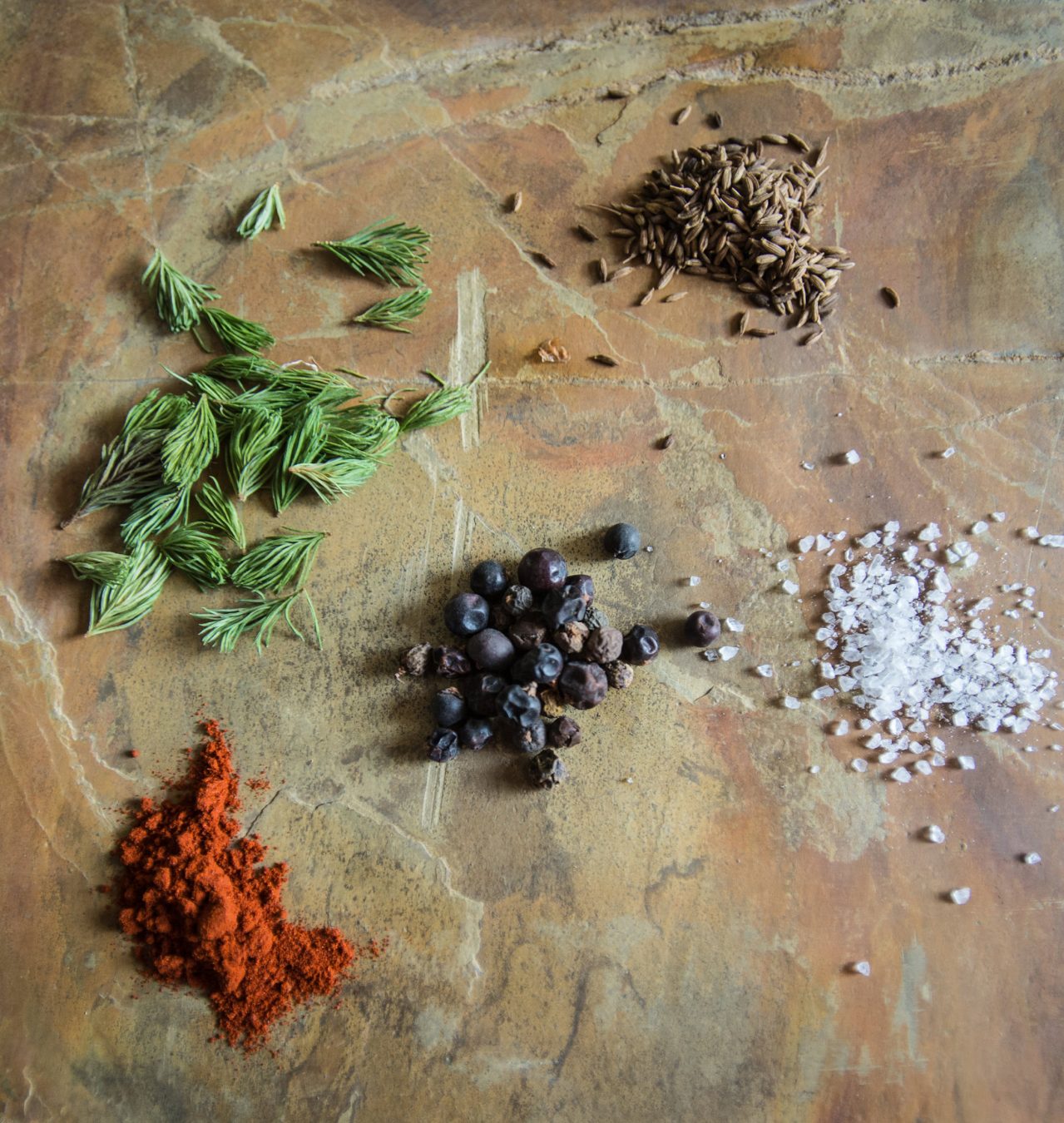Using an ice cream scoop, Michele Genest tenderly spoons soft rounds of batter onto a baking sheet. The fluffy white mixture with dots of deep red almost looks like cherry ice cream, but these tiny mountains are going to come out of the oven as scones—made with low-bush cranberries picked right here in Whitehorse.
We’ve all likely eaten a cranberry scone or two in our day, but how many of us can say we know exactly where those sour little berries came from? Beyond that, how many of us can say we plucked them ourselves?
Foraging has become a trendy activity among Vancouver’s foodies and chefs, but the truth is that our abundance of farmers’ markets and high-end grocers means fresh, organic produce is never more than a canvas tote bag away. In Canada’s North, though, foraging for food is not a novel afternoon activity or a hip Instagram post—it is a tradition, and in some parts, a necessity.
“Berry picking, going out for mushrooms, hunting, fishing, all of those things—newcomers were doing that all within the context of what First Nations people had been doing for thousands and thousands of years,” Genest says, her scones rising in the oven of her comfortable open-concept kitchen. “It was ingrained here in both newcomer culture and First Nations culture.” Genest was born in Toronto, but moved to the Yukon after visiting her sister here and quickly falling in love with the magic of the North. Since then she has made a career out of using indigenous ingredients in her cooking, both as a columnist for Air North’s in-flight magazine North of Ordinary, and as an author of two cookbooks: The Boreal Gourmet and The Boreal Feast. From wild mushrooms to rhubarb to arctic char, Genest is endlessly creative when it comes to turning country food—that’s the Northern expression for the wild and the foraged—into delicious meals.
The culinary scene in Whitehorse is growing. While there are still the classic crowd-pleaser staples like Giorgio’s Cuccina (the place to go for chicken souvlaki, calamari, Caesar salad, spaghetti, et al.), there are also restaurants and chefs who are starting to push the envelope a little more, and there are diners who are ready to pull up a chair.
Genest mentions The Wandering Bison, a company run by Luke Legault that does everything from catered events to packaged sauces, all with an emphasis on local ingredients. Or there is Eddie Rideout, co-founder of The Wayfarer Oyster House: a mobile oyster shop shucking the best shells from Canada’s waters (along with other treats, such as flaky smoked salmon). Catch The Wayfarer during its regular pop-up at downtown Yukon cocktail bar the Woodcutter’s Blanket, or book these guys for a special event. At one such party at Whitehorse’s Winterlong Brewing, Rideout describes his company as a band of “rogue caterers” who are passionate about sharing homegrown food with their fellow Yukoners. Also promoting all things local is The Twisted Gourmet, a small-batch spice company that highlights ingredients native to the territory.
Even while adventuring into Whitehorse’s backcountry, resident food can be found. If heading out on a snowmobile or dogsled escapade with Sky High Wilderness Adventures, consider booking the adorably rustic yurt (don’t worry, it is heated) for lunch beforehand. Trudy Burdess, who owns the company with her husband Gary, is sure to whip up a feast that could include local bison sausage, or arctic char sourced from Icy Waters just down the road.
Back in downtown Whitehorse, Baked Cafe & Bakery is a must-visit for freshly-made pastries, including a memorable whole wheat blueberry almond scone; paired with a cappuccino made using Whitehorse-roasted Bean North coffee, it is the perfect start to the day (or afternoon pick-me-up). Just across the Horwood’s Mall hallway from Baked is The Collective Good, a quaint little shop in which to buy some souvenirs, such as the locally-made and all-natural Anto Yukon soaps. Moving farther down the mall, hit up Cultured Fine Cheese for the best in dairy and olive oils, and The Gourmet Fine Delicatessen for other nibbles and treats.
Throughout it all, the emphasis here is on what Mother Earth has to offer. “There’s lots of wild food around,” Genest asserts. “Rhubarb grows in all the alleys. It’s really great, real small-town foraging and gathering. There’s a lot that we can get just in our neighbourhood.” It’s not a lifestyle, but rather a way of life.
Read more about food in Canada and around the world.












